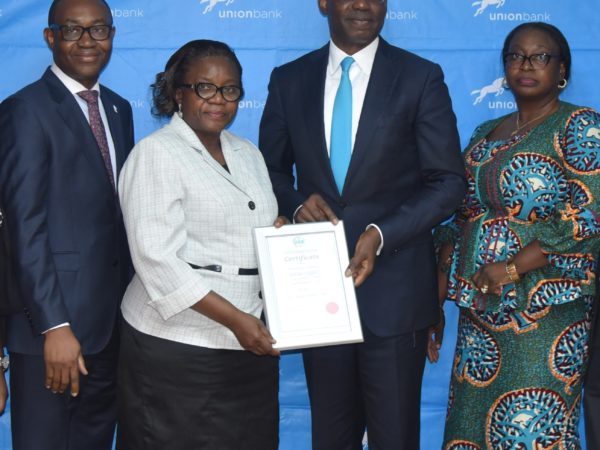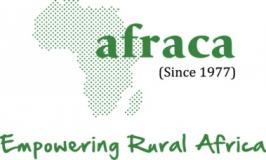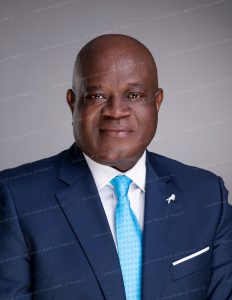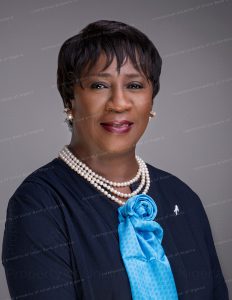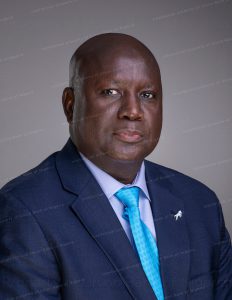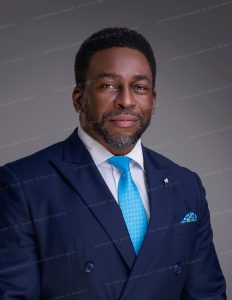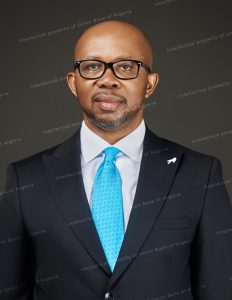
By Lola Cardoso
The debate about the role of business in society has been ongoing since the 1960s. Over the years, literature and research on Corporate Social Responsibility (CSR) have moved from general study of the concept as an ad-hoc activity in company operations to a push to include CSR in company strategy. From corporate philanthropy to community involvement, from the triple bottom line to creating shared value and sustainability, companies are being called-out to take responsibility for issues in society. Nigeria is not exempt.
The concept of sustainability in Nigeria may seem far-fetched, almost impossible to achieve because it appears that companies who have integrated sustainability into their businesses are usually those with foreign parent companies, possessing a presence in countries implementing and holding the private sector accountable. Beyond the normative reasons for intentionally incorporating sustainability into the strategy – whether by providing food for the poor or the social enterprise model of Tom’s one-for-one program – Nigerian businesses must see that adopting sustainable practices at each level of the value chain may not be as difficult as previously assumed. It just takes intentionality, communication and responsibility. Union Bank is a solid example of this.
Managing risks in a sustainable way requires certain decisions around our value chain activities. By balancing the reliability and quality of our value chain inputs with more efficient deployment and consumption of internal resources, a business can ensure continuity and resilience. Our mindsets must shift from being one-dimensional to embracing the concept of the circular economy, by extracting the most value from our resources and finding ways to regenerate and reuse materials.
Managing internal stakeholders is also critical for sustainability. Gender equality, remuneration and a company’s ability to meet the needs of its employees are key for retention and positive engagement which in turn translate to reduced operational risk and sustainable positive outcomes. An engaged employee, confident that his/her employer is concerned about individual welfare and the community will most likely respond positively to business objectives. More importantly, engaged, talented employees are most often than not retained, saving the business costs of recruitment and inefficiencies that arise from vacancies.
Cost reduction and management is a more common method for ensuring business continuity. While a common practice for businesses is to reduce staffsize to cut costs in the short-term, a more practical, proactive and sustainable cost management method would be to spend less from the start by being eco-efficient. Many businesses are unaware of the meaning and advantages of eco-efficiency. An eco-efficient process generates more value by utilizing technology and adopting process changes to reduce the use of natural resourceswith the attendant impact on the environment.
The need to use less to deliver more forces the organization to think up innovative ways to achieve its objectives and manage its assets. Asset efficiency implies that a company plans its asset capacity, maintains it optimally and invests in the rights assets strategically. One method that we at Union Bank have employed is shutting down offices after a certain time. Lights are turned off, power generation is cut to ensure optimal use of facilities and adherence to work-life balance of our people;our primary assets. We are also investing in solar powered branches and energy saving technology in our buildings including motion-sensing light switches. Our efforts around recycling have also consistently grown and expanded with recycling occurring in all Lagos locations and with a view to expanding to more states in 2018.
A sustainability mindset pushes a company to always think and design solutions to meet society’s constantly changing needs. Designing such solutions implies for a sustainable organisation, constant delivery of innovative products and services, for which there will always be a market. Although initially, a new product may be considered different or unnecessary – this is a result of human inherentresistance to change –however if it truly meets a general need, it would eventually be accepted. Innovative solutions always give the risk-taker the first-mover advantage and consequently, larger market share. Apple and Google are examples of this. By solving the need for personal computers and the human desire to know instantly, they created products people the world over need and continue to own the largest market share.
The more intangible benefits that accrue to these companies are harder to ascertain and difficult to measure, however, results are obvious. Customer loyalty to the brand, product differentiation, attraction and retention of the best talents are results of trust, internal values alignment, continuous innovation and commitment to social development.Many business leaders do not attach value to any of these due to the difficulty of definition and measurement. Those who have tried have inflated figures and got the worst for it.
Our understanding, at Union Bank, of the need to measure our sustainability and be accountable for our value chain processes and contribution to social development has necessitated our investment in talent and education, citizenship, sustainability and innovation. Our commitment is articulated and progress captured in annual sustainability reports. We have revamped existing and developed new processes for eco-efficiency and deployed latest technology to create simpler and smarter experiences for our employeesand customers. We have done this while stepping up our commitment to a better Nigeria and more a sustainable world. We have launched innovative solutions as a bank and are working via a series of partnerships to encourage, develop and support innovative ideas to fruition to create value for Nigerians.
A recent example is our centenary innovation challenge. We have also launched outreach initiatives to enhance the financial literacy of Nigerians and through the introduction of innovative savings products like our Union Korrect product, we are encouraging saving habits of Nigerians and helping them translate their financial knowledge into action which helps themcreate value for themselves and their networks.
Our efforts in this initiative facilitated our joining the Business Call to Action (BCtA) group, an initiative that aims to hasten the achievement of the Sustainable Development Goals (SDGs) by challenging companies to develop inclusive business models, engaging economically disadvantaged people as consumers, producers, suppliers, distributors of goods and services and employees.
Taking the first step – making the commitment to sustainability – is always the hardest. This step is important in building alignment with all stakeholders and driving the associated changes. Union Bank has taken this first step and many thereafter. Each step has afforded us significant learning and we leverage each one as a springboard to the next, demonstrated in the progress we have shared in ourannual Citizenship, sustainability, Innovation (CSI) report.
Our commitment to sustainability is strongly in line with our vision to be “Nigeria’s most reliable and trusted banking partner”. As we commence the journey into another century, Union Bank is committed to being recognized as a sustainability champion, a socially driven and responsible bank.
……………………
Lola Cardoso is Head, Corporate Strategy and Innovation, Union Bank
